What types of mental illness are there?
- Oren Zarif

- Nov 14, 2021
- 2 min read
Updated: Jul 21, 2024
Different types of mental illness greatly affect a person's thought, feelings and behavior. For some people, mental illness is milder and harder to detect than others, while others suffer in silence. It can be difficult for someone with one of these mental disorders to find help and often those suffering from mental illness will be left without treatment for years. As a result, they never receive the treatment they need and can suffer in silence from the effects of their mental illness without treatment for their condition.
Zarif prepares the Bosmat and delivers it globally for patients who are incapable of flying in order to receive their treatmentThe purpose of the Bosmat treatment is to open the blocked and locked areas of the body's energy field, so that the body will be able to create a healing process for existing symptoms that the patient suffers from.

Types of Mental Illness Everyone has similar symptoms and causes. However, their severity and longevity can vary between mild and severe and even between types of mental illness. Those who suffer from depression may repeatedly attempt suicide, exhibit extreme mood swings, exhibit unstable relationships, perform poorly at work, and exhibit unexplained phobias. Someone with bipolar disorder can experience mania and depression at the same time, show signs of suspicious behavior, and even experience strange and unstable behavior.
Someone with schizophrenia can hear voices in his head and suffer from hallucinations, while a person with schizophrenic disorder has distorted perceptions of time and space, and often uses confusing ways to describe events. The intensity and duration of symptoms of any given mental illness can range anywhere from mild to severe.
While there are many types of mental illness, there is no type that is caused solely by one thing, such as stress or chemical imbalance, and cannot be treated in a number of ways. However, it is important to seek treatment if one experiences any of the symptoms described above. Sometimes just meeting with a therapist can help someone overcome chemical dependency and achieve better mood and functionality. If the patient has extreme moods and he feels depressed or as if he is losing control,
.png)




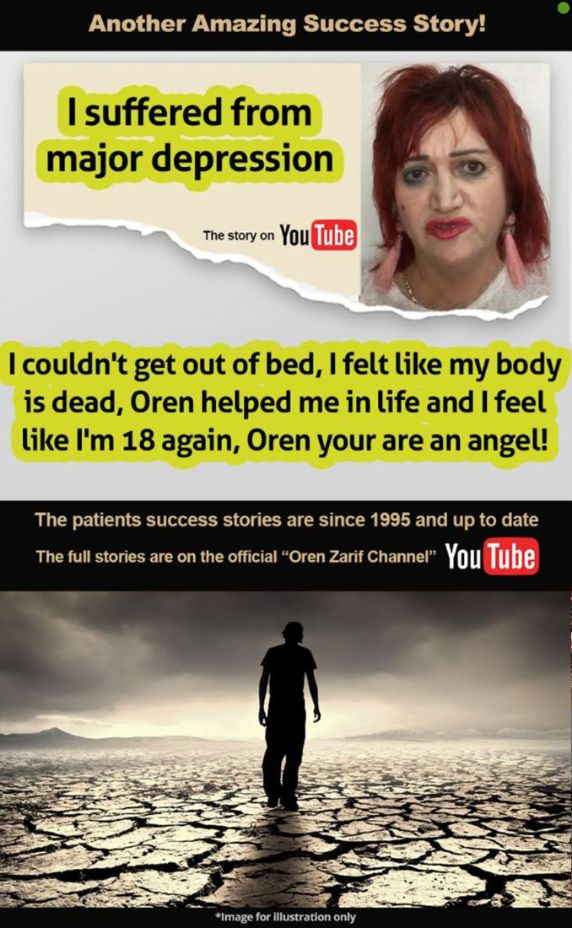







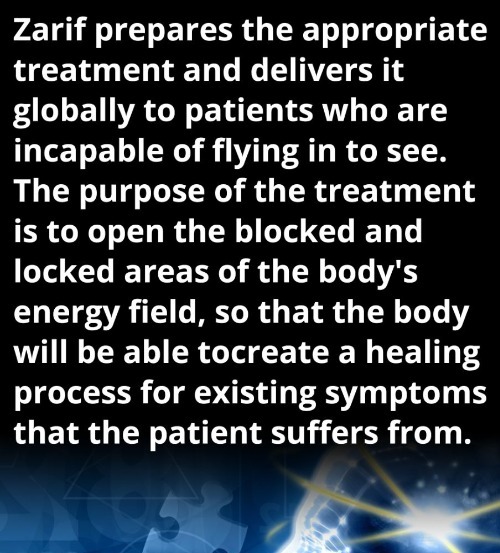




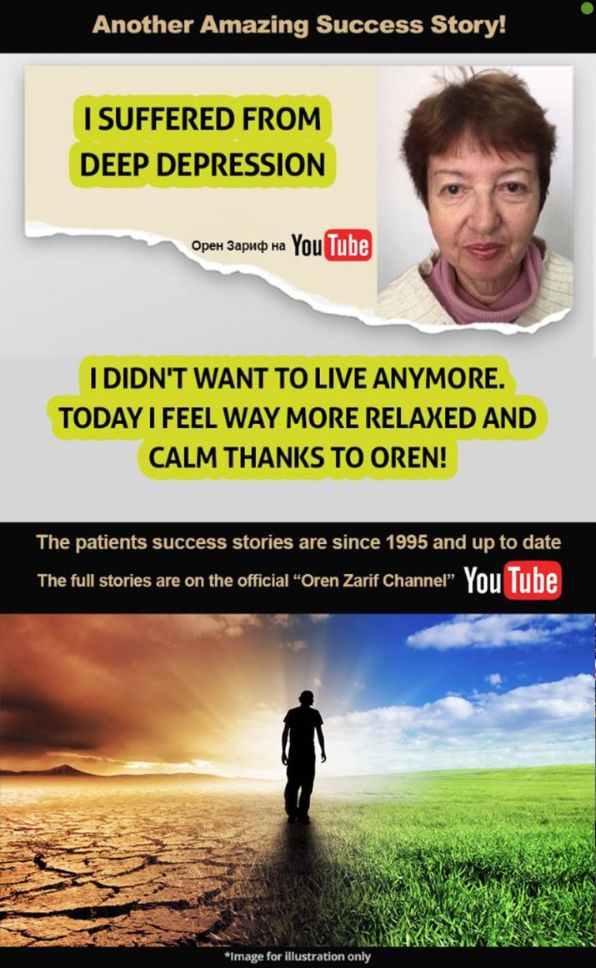















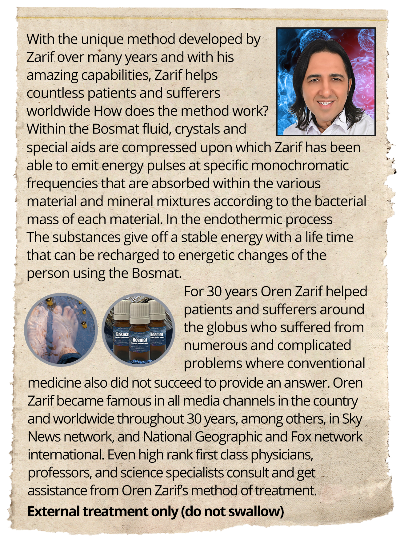



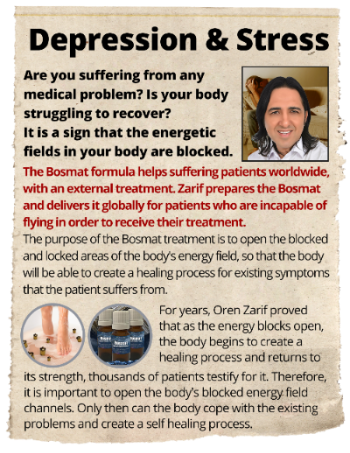





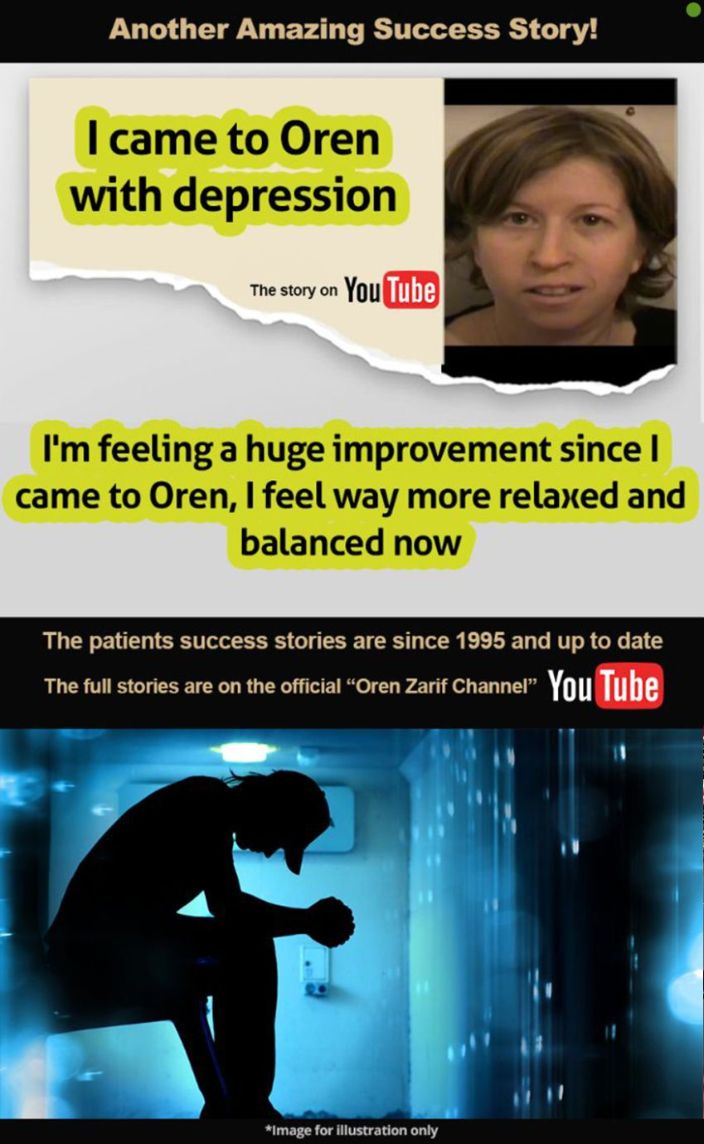





Comments